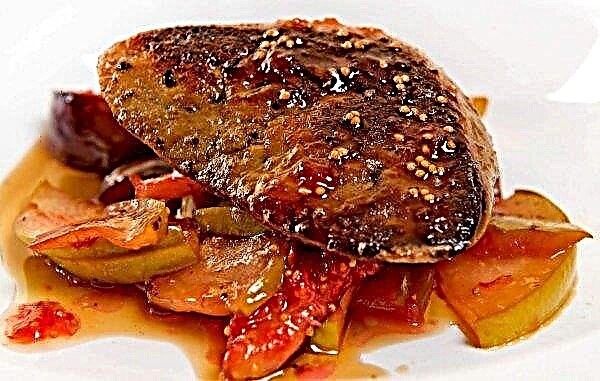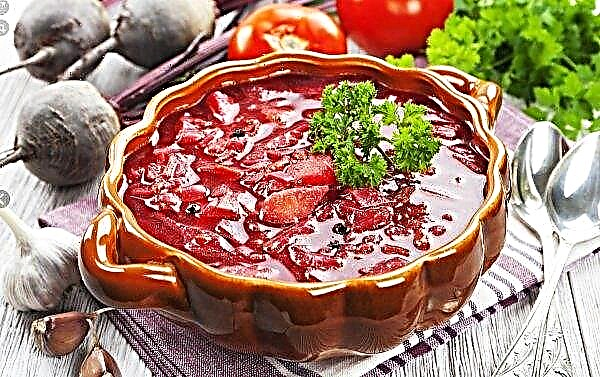Chicken eggs are biologically valuable products that should be present in a person’s daily diet. Thanks to their rich composition, the body receives almost all the elements it needs. At the same time, the nutritional value of this food remains low, which allows you to include the product even in the diet.
Chemical composition
The composition of eggs automatically translates them into the category of healthy, nutritious foods. For 100 grams they contain:
- vitamins - A, B1, B2, B4, B5, B6, B9, B12, D, E, H (biotin), K, PP, beta-carotene;
- macrocells - potassium, calcium, magnesium, sodium, sulfur, phosphorus, chlorine;
- trace elements - iron, iodine, cobalt, manganese, copper, molybdenum, selenium, natural fluorine, chromium, zinc;
- digestible carbohydrates - disaccharides, monosaccharides;
- sterols - cholesterol.
Separately, it is worth listing the amino acids:
- irreplaceable - arginine, valine, histidine, leucine, lysine, methionine, cysteine, tryptophan, phenylalanine, tyrosine;
- interchangeable - alanine, aspartic and glutamic acid, glycine, proline, serine.
 And also fatty acids:
And also fatty acids:
- saturated - myristin, pentadecane, palmitin, margarine, stearin, arachin;
- monounsaturated - palmitolein, heptadecene, olein, gadolein;
- polyunsaturated - omega-3, omega-6.
Important! Eggs and potatoes should not be eaten at the same time, because egg white with starch is poorly absorbed. The best option is fresh vegetables of white and green color, pumpkin, sweet pepper.
Calorie Chicken Egg
Calorie content of eggs is quite low. For example, a standard table product (category "0"), per 100 g of weight:
- whole - 157 kcal;
- protein - 44 kcal;
- the yolk - 352 kcal.
 Calories are distributed in this way:
Calories are distributed in this way:
- 10% - eggshell;
- 60% - protein;
- 30% - yolk.
Raw
The calorie content of the crude product is 157–157 kcal per 100 g. It also contains:
- proteins - 12.8 g;
- fats - 11.6 g;
- carbohydrates - 0.7 g;
- water - 73.3 g;
- ash - 1 g.
 Even for those who do not count calories, raw eggs have the maximum benefit in terms of vitamins and minerals, but at the same time they carry a high risk of salmonella infection.
Even for those who do not count calories, raw eggs have the maximum benefit in terms of vitamins and minerals, but at the same time they carry a high risk of salmonella infection.
Boiled
The nutritional value of the prepared product depends on the method of heat treatment:
- soft-boiled –157–158 kcal;
- hard-boiled - 127–142 kcal.
 The composition of proteins, fats, carbohydrates remains virtually unchanged. Although cooked soft-boiled vegetables are considered more beneficial, they become safer if you cook them for 10 minutes. Useful properties are preserved in boiled eggs for 8-10 days.
The composition of proteins, fats, carbohydrates remains virtually unchanged. Although cooked soft-boiled vegetables are considered more beneficial, they become safer if you cook them for 10 minutes. Useful properties are preserved in boiled eggs for 8-10 days.
Did you know? In ancient Egypt, a special method of cooking was practiced: a raw egg was put into a sling and quickly turned around. It heated up and became usable, like a soft-boiled cooked.
Fried
The value of the fried product, if it is prepared without the use of oil:
- calorie content - 174 kcal;
- proteins - 14.5 g;
- fat - 12.5 g;
- carbohydrates - 0.8 g;
- water - 69.8 g;
- ash - 1.1 g.
 Additional foods increase calories up to 200%.
Additional foods increase calories up to 200%.
Effect on the body
The chicken product contains so many useful substances that it favorably affects several body functions at once: vision, brain activity, bones and muscles. Eggs have the ability to perfectly and long satisfy hunger, low-calorie, do not burden with excess fats and almost do not contain carbohydrates. Unlike meat, egg white is absorbed by 98%.
Daily consumption rate:
- for a healthy adult, 1-2 pcs., optimally 5 per week;
- with high cholesterol - a maximum of 3 pcs. in Week;
- children from one to two years - 1 per week;
- children of two to three years - 3 per week;
- from four to six years - a maximum of 5 per week.
Did you know? Eggs longer prowill be fresh if stored with the narrow end down. On the wide side there is an air gap from which bacteria eventually enter the contents.
Do not overdo it and do not forget that this product can be part of other everyday foods - cutlets, pancakes, pastries, and more.
Beneficial features
Daily use benefits by providing:
- saturation of the body with minerals, vitamins, necessary micro and macro elements;
- muscle tissue growth due to high protein digestibility;
- reducing the risk of vision problems;
- improving brain function, memory, mental activity;
- reduced risk of osteoporosis and increased bone strength;
- reduced risk of atherosclerosis.
Harm and contraindications
Negative effect of the product:
- the risk of infection with the pathogen Salmonella when consumed raw and when boiled for less than 10 minutes;
- the presence of antibiotics in unfair chicken;
- the presence of nitrates and hormones due to poor nutrition of layers.
 Contraindications and restrictions on use apply to people suffering from:
Contraindications and restrictions on use apply to people suffering from:
- allergies (or a tendency to such);
- diabetes mellitus;
- high cholesterol.
Average weight of a chicken egg
There are several categories of eggs, which are determined according to weight:
| Category | Minimum and average weight, g |
| Third | 35–40 |
| Second | 45–50 |
| First | 55–60 |
| Selective (dining room) | 65–70 |
| Higher | 75–80 |
| With two yolks | 80 |
Dietary products are also distinguished, on which the marking “D” is placed. On ordinary dining rooms put the letter "C". The difference between them is only in the shelf life.
Important! Diet eggs can be stored for a maximum of 7 days, canteens - 25 days.
The benefits and nutritional value of this product is an indisputable fact, but everything must be eaten in moderation. An overabundance of beneficial elements can harm the body, which should be avoided.












